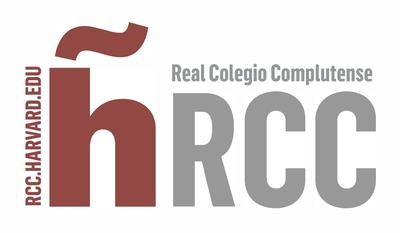Date:
Location:
A few years ago, the European Union began an investigation into whether Google violated its antitrust laws. Later on it brought charges against the company as well as open a new investigation into Google’s Android operating system. At issue was whether the company uses its position as the dominant search engine company to muscle out competition from specialized search services, specifically comparison shopping sites, by prioritizing its own Google Shopping search results. This issue was often percive in the US as a direct atact to its companies.
Recently the United States government has demanded that Apple take an unprecedented step which acording with the company threatens the security of our customers. They opposed this order, considering that it had implications far beyond the legal case at hand. This moment calls for a public discussion that will help the US public opinion and scholars to undertand EU Law system and Comission competences. We want the customers and people to understand what is at stake in the relation between global companies.

Among others the European Union and EU Member States agenda in competition and tax law, particularly in relation with NASDAQ big companies. Also, Tax evasion since it has become a hot topic in Europe again as years of recession or anemic growth drain public coffers. Several multinationals operating in Europe, including Google Inc. and Apple Inc., declare the bulk of their European revenue in Ireland, taking advantage of legal loopholes there to shift profits to even lower-tax jurisdictions. Although there is a willingness of the EU leaders to change the laws, small steps have been taken, which shows how difficult it is to effectively fight tax evasion at a time when countries are also competing for foreign investment.
The European Commission concluded that Ireland granted undue tax benefits of up to €13 billion to Apple. This is illegal under EU state aid rules, because it allowed Apple to pay substantially less tax than other businesses. The Commission can order recovery of illegal state aid for a ten-year period preceding the Commission's first request for information in 2013. Ireland must now recover the unpaid taxes in Ireland from Apple for the years 2003 to 2014 of up to €13 billion, plus interest. In fact, the tax treatment in Ireland enabled Apple to avoid taxation on almost all profits generated by sales of Apple products in the entire EU Single Market. This is due to Apple's decision to record all sales in Ireland rather than in the countries where the products were sold. This structure is however outside the remit of EU state aid control. If other countries were to require Apple to pay more tax on profits of the two companies over the same period under their national taxation rules, this would reduce the amount to be recovered by Ireland.Apple's appeal joins an earlier one filed by Ireland attacking the E.U.'s charge that Apple shifted nearly all of its European profits to two "head offices" in Ireland —Apple Sales International, and Apple Operations Europe —so they couldn't be taxed.
Speaker: Joaquín Almunia, President CEPS. Former Vice-President European Commission; Jose M. Martinez Sierra, Jean Monnet ad Personam Professor in EU Law and Government and RCC Director.
Sponsor: RCC, Harvard European Law Association, Intitute for Global Law and Policy
